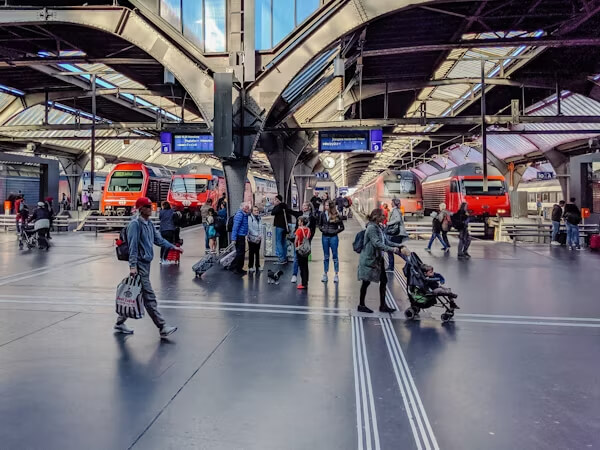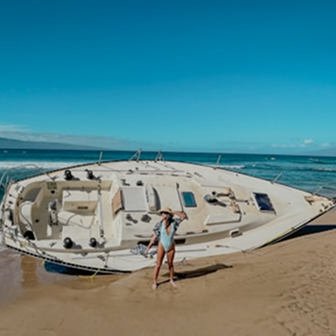Technology has reshaped nearly every step of the travel experience, starting long before a trip begins. Planning that once required guidebooks and phone calls now happens through powerful apps and websites that compare flights, recommend destinations, and even predict the best times to buy tickets. Digital maps and AI-driven itinerary tools create personalized travel plans in minutes, helping travelers explore with greater confidence and less effort.
At airports and train stations, smart systems speed up check-in and security. Mobile boarding passes, biometric scanners, and automated baggage drops reduce lines and human error, letting travelers move through terminals more efficiently. Real-time flight updates and crowd-tracking apps further cut stress by keeping passengers informed about delays, gate changes, and the fastest routes through busy terminals.

On the journey itself, connected devices enhance comfort and convenience. High-speed in-flight Wi-Fi, streaming entertainment, and noise-cancelling headphones turn long flights into productive or relaxing spaces. In cars and rental services, navigation apps, adaptive cruise control, and advanced safety sensors make driving smoother and safer, while shared mobility platforms provide flexible options without the need for ownership.
Destinations have become smarter too. Hotels use mobile key apps and automated check-in kiosks, while smart rooms adjust lighting and temperature to personal preferences. Augmented reality guides bring landmarks to life, and translation apps break language barriers instantly. Travelers can book experiences, find local cuisine, or pay for services securely with a few taps on their phone.
From planning to arrival, technology now acts as a silent partner that simplifies logistics, enhances safety, and opens new possibilities. The result is a more seamless, personalized, and enjoyable journey—proof that modern travel is no longer just about reaching a destination, but about experiencing it with the help of innovative tools.















